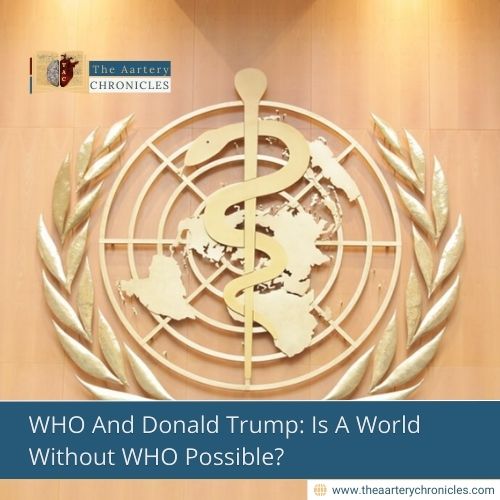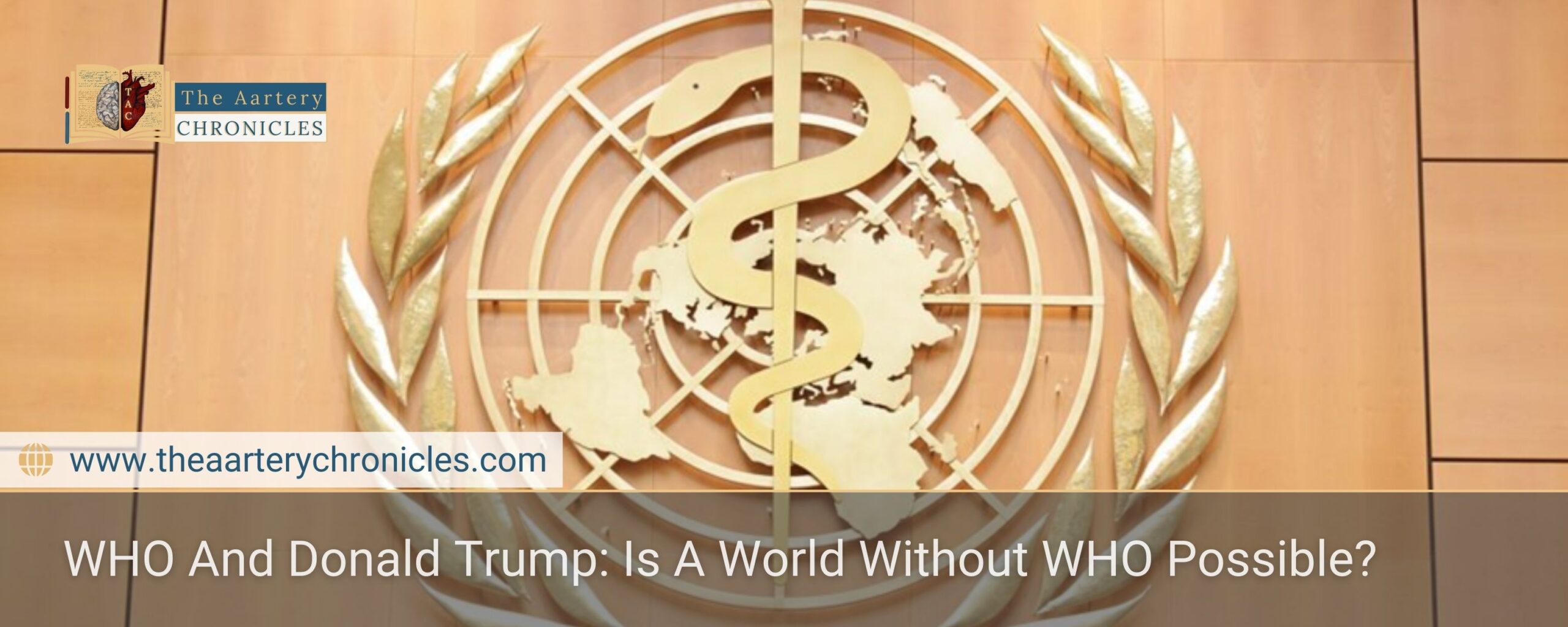

WHO And Donald Trump: Is A World Without WHO Possible?
Introduction
Last January, the President of the United States of America Donald J. Trump signed an executive order that sanctions the exit of the USA from the World Health Organization (WHO). In this interesting article we will try to explain what the World Health Organization is and what it does and what the consequences of the newly elected president’s decision may be.
What Is WHO And What Does It Do?
WHO is a non-profit intergovernmental organization founded in 1948 with the mission of promoting health in the world. Its Headquarters are in Geneva, Switzerland; there are also 6 Regional Offices that have authority in the following territories: Europe (EURO), Africa (AFRO), Western Pacific (WPRO), Eastern Mediterranean (EMRO), Southeast Asia (SEARO), Americas (AMRO).
But how does the World Health Organization achieve its mission? The organization is actively engaged in scientific research and prevention and dissemination programs in countries where access to healthcare is difficult or even absent. The function of the WHO that we have come to know more about in recent years is that of health surveillance, that is, monitoring the emergence of new epidemics or pandemics.
Over the last few years, there has been no shortage of criticism of the work of the World Health Organization, in particular for the excessive bureaucracy of its processes and the uselessness of some of its expenses (for example, the high number of trips made by its officials).
WHO And USA: An Economic Look
The decree signed by Trump is not valid immediately. The United States of America will leave the WHO only starting from January 22, 2026. This is because the treaty of accession to the WHO obliges the USA to give one year’s notice before being able to leave the organization. On a purely economic-financial level, the exit of the USA could lead to a significant reduction in support from the WHO member states. Suffice it to say that in the two-year period 2022-2023, the USA contributed more than 15% of the WHO budget. Trump’s decision, however, is only the culmination of a “loss of confidence” in the role and work of the World Health Organization. Suffice it to say that in 2022, the voluntary contributions of the USA amounted to 739 million dollars, while in 2023 they reached the figure of only 398 million dollars.
WHO And USA: A Scientific Look
Beyond the lost economic revenue, the United States’ exit from the WHO causes serious damage to the world of health research and prevention. For example, since March 2024, the USA has contributed more than 20 million dollars to research for a possible vaccine against monkeypox. Also in Africa, we must not forget the role of the World Health Organization and the USA in the study and fight against the Ebola virus and Marburg disease, two types of viral diseases characterized by hemorrhagic fever and multiple organ damage. Finally, we must not forget the close collaboration between the WHO and the USA in the fight against AIDS .
Fortunately, on this last point, programs like The United States President’s Emergency Plan for AIDS Relief will continue to be supported.
Possible Future Scenarios For World Health Organization
As noted a few lines above, many have criticized the World Health Organization for its cumbersome bureaucracy and for its management of finances that are not always in line with the organization’s mission. It is possible to expect a “crackdown” and an increase in the efficiency of the WHO’s operational machine in order to rehabilitate the organization’s public image.
One of the reasons why Trump decided to abandon the WHO should not be underestimated: the enormous difference in the amount of subsidies given to the World Health Organization between the USA and China. The latter, if political relations between the two countries could worsen, could even take the place of the United States of America.
Conclusion
Beyond the possible political implications of Trump’s choice (which we do not want to enter into at all), we would like to underline the fundamental role of the WHO as a beacon and guide for global health. Without it, in fact, it would be extremely difficult, if not impossible, to be able to formulate a long-term action strategy that can protect the health of the entire human race.









